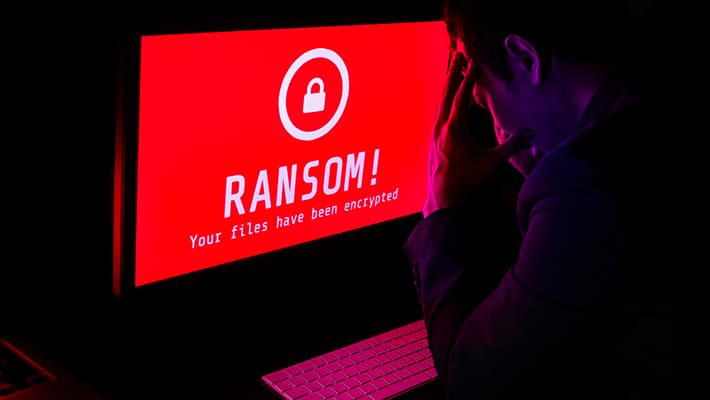Cyberattacks are a menace in the tech space. And they’re still a big threat today as they were last year. With 2021 finally settling, governments are getting back to work and doing their best to amend some of the losses suffered from these attacks.
Fighting Back
Earlier this week, the United States Department of Justice (DOJ) announced that it had successfully seized almost $500,000 in ransoms from the NetWalker ransomware’s operators. In an announcement, the DOJ explained that it had been trailing the ransomware gang for a while. This is after the Federal Bureau of Investigation (FBI) alleged that it had been attacking hospitals at the height of the COVID-19 crisis.
Use of the ransomware has been reported in hospitals across the world, with hackers holding these institutions to ransom and depleting their operational capacity.
The operation appears to have been in collaboration with top blockchain analytics firm Chainalysis. The latter shared a similar announcement touting its investment. The company pointed out that its investigative tools helped the federal agency to track NetWalker funds.
The FBI also pointed out that it had arrested Sébastien Vachon-Desjardins, a Canadian national alleged to have been an affiliate of the ransomware’s developers.
Hopefully More to Come
Vachon-Desjardins reportedly earned about $28 million through the NetWalker malware. The DOJ believes confession from Vachon-Desjardins would lead to more arrests and fund retrievals. So, along with the $454,530 that the agency already seized, the affiliate will most likely remain in custody for a while.
Asides from hospitals, the NetWalker ransomware was also instrumental in a cyberattack against Dirección Nacional de Migraciones, the Argentinian immigration agency, last September. Per a Bleeping Computer report, hackers using the ransomware managed to shut the agency’s online operations down for days, causing the agency to move all of its activities offline.
In a ransom note, the hackers claimed responsibility for the attack and asked for a $2 million ransom. After a week, they upped the stakes to $4 million. It is unclear whether the agency eventually conceded to the demands.
The ransomware was also instrumental in an attack against Michigan State University last June. Per a report from the Detroit Free Press at the time, a gang had deployed the attack on the school’s database and sent an unspecified ransom request to the school in exchange for student and staff information. The university reportedly refused to pay the ransom.
Credit: Source link













































































































































